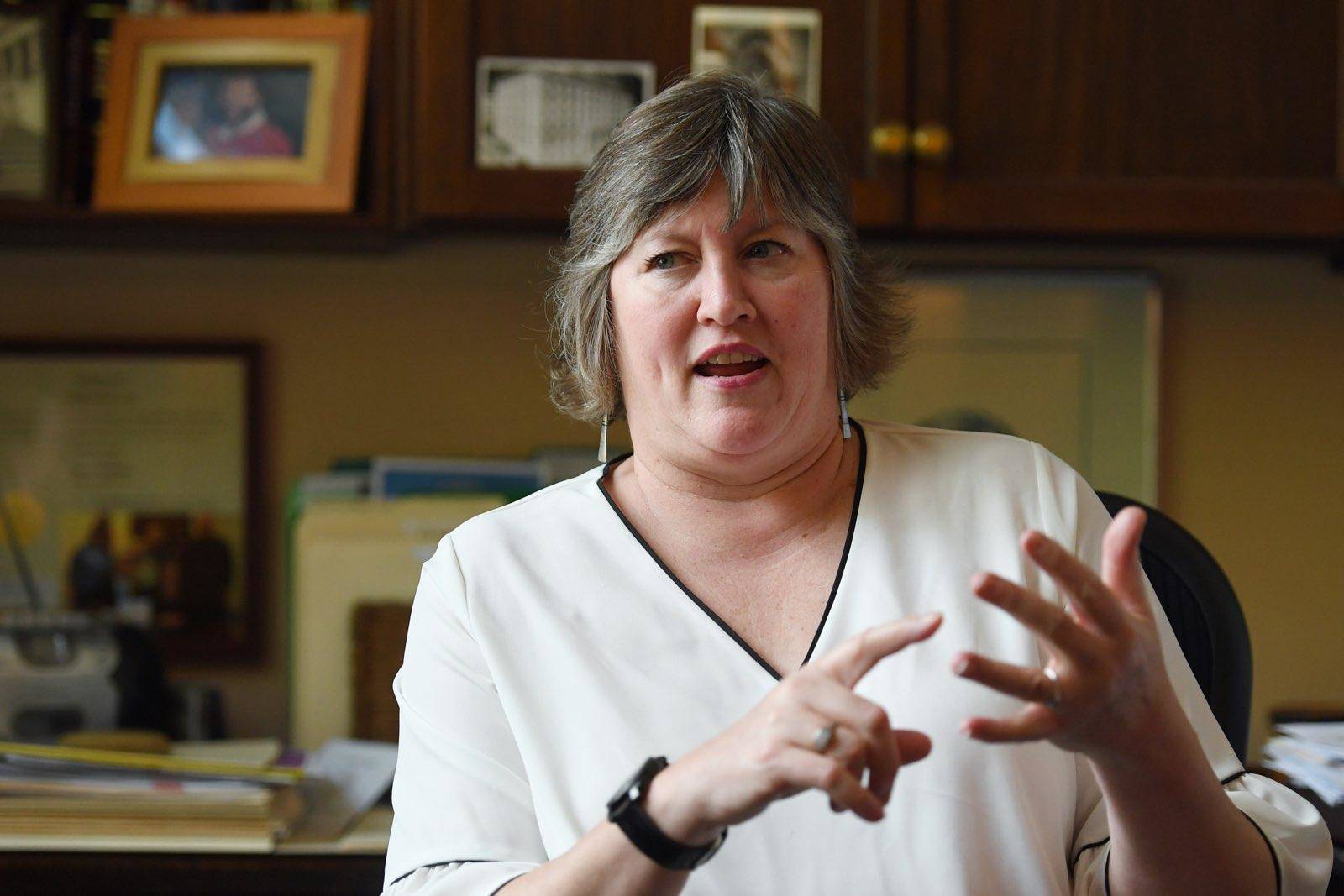Representatives hadn’t seen a new crime bill more than an hour after the legislation was expected on the House floor Monday, and they expected the delay was just getting started.
A delayed afternoon flight, 4 p.m. caucusing and 5 p.m. public testimony combined to form an hours-long delay for an expected 3 p.m. vote on House Bill 49.
“The intent is to go tonight even if it’s a little bit later than we normally would like and take a vote on the crime bill,” Rep. Lance Pruitt, R-Anchorage, told the Juneau Empire. “It’s just kind of a weird special session delay.”
[Beyond Senate Bill 91: New bill would put more people in prison longer]
Rep. Tammie Wilson, R-North Pole, agreed the delay was an odd one in light of the sunny weather in Southeast Alaska.
“I don’t think anyone thought they’d have any problems with getting in,” Wilson said in an interview with the Empire.
Additionally, public testimony for House Bill 1001, a bill appropriating money for public education, was scheduled for 5 p.m. Monday, which Wilson expected to push a vote further back.
“It could be quite a bit later,” Wilson said. “I don’t think we’ll be lonely.”
While legislators had yet to see the bill late Monday afternoon, Wilson said she anticipated that both legislators in favor and opposed to the bill will be “content” with HB 49. The bill is expected to result in putting more Alaskans in prison for longer sentences.
Both Wilson and Sara Hannan, D-Juneau, said the impact of the bill would be expected to create more prisoners than Alaska’s facilities could contain, which would necessitate sending prisoners out of state.
“We’re going to open up Palmer, and that still won’t be enough,” Wilson said.
Hannan, who had not yet seen the most recently revised version of the bill, said she took issue with its approach to addressing crime.
“For all political regards, it remains the repeal of Senate Bill 91,” Hannan said in an interview. “I’ve been burglarized and I’ve been assaulted, so it’s not that I don’t care about crime, but my concerns always were with the bill, as it is written, is all it’s doing is increasing punishments.”
She said while individuals would be expected to receive longer sentences, the bill does not provide more funding for police officers or additional resources for prosecutors.
“If we don’t put more police into enforcement, if we don’t have more defense attorneys, we still don’t end up with any reduction in crime, just longer punishments,” Hannan said.
Wilson said she hopes the extension the Legislature has received in the form of the special session allows for some of those issues to be addressed.
“There’s no treatment in this bill whatsoever,” Wilson said in reference to programs that could help rehabilitate inmates.
[What the Legislature left on the table]
She said she hopes that’s a concern that the Legislature will get to through new legislation or the budget before it convenes. Wilson said folks sent out of state have the right to come back to Alaska, and it’s irrational to expect them to find the resources that would help reduce recidivism.
“We absolutely need to address some of those things this year,” Wilson said.
More delays to come?
Like the tardy crime bill, boxes also weren’t present around the Capitol Monday afternoon.
However, legislators were split on whether a lack of packing portends the special session could be a long one.
Wilson chalked it up to a sign of the digital age, making toting around physical files unnecessary. Additionally, she said legislators know they’ll be coming back to their offices again next year.
Hannan was less optimistic and said the state’s budget and the size of Permanent Fund Dividend checks are likely, in her estimation, to be sticking points.
“I think we’re going to use all 30 days of the session,” Hannan said. “I think the wheels have come to a screeching halt.”
• Contact reporter Ben Hohenstatt at (907)523-2243 or bhohenstatt@juneauempire.com. Follow him on Twitter at @BenHohenstatt.

